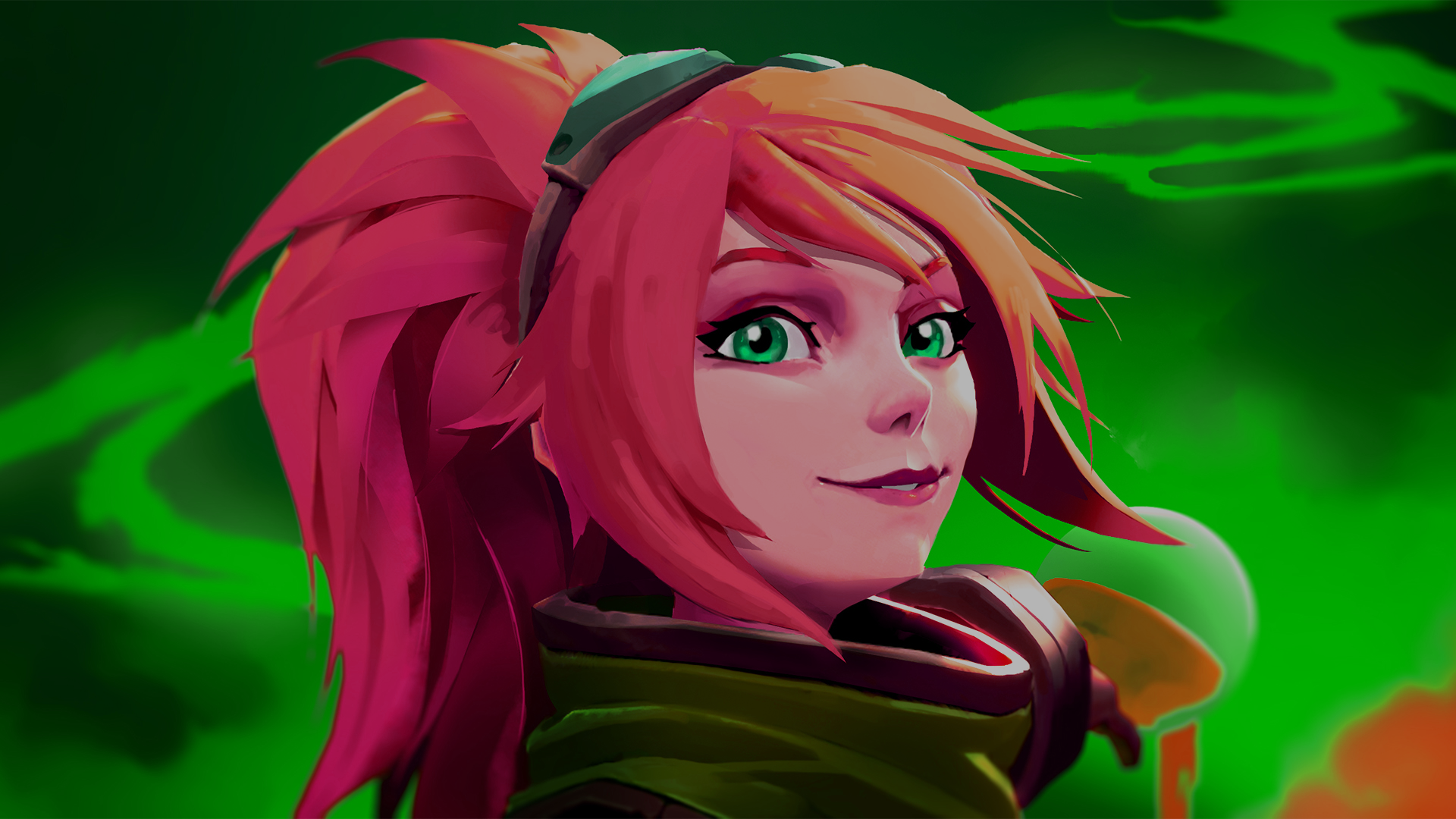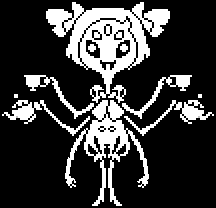LEMMY. It’s like reddit. But xyz.
What a shite idea. We all compare everything against everything else.
The new car X is like old car Y, but ABC.
The issue comes up when people youre talking to dont know what youre using as a comparison
Article mentions that if they mention something then its fair to say how youre similar / differences but the person youre talking to has to initiate that. For people on reddit everyone on reddit knows what reddit is as they are using it so comparisons to it can be made on posts there
For people on reddit everyone on reddit knows what reddit is
Except not all people are on reddit, and this same approach is often used because one assumes that everyone is.
Haven’t read the article yet, but when I find something described in terms of similarities to something else I can check what that else is to get a better idea. Having a detailed description would still be of use, too
Keywords in what I said being “everyone on reddit knows what reddit is”. Had that there since a lot of comparisons of lemmy being similar to reddit happened on reddit itself but if people are talking on lemmy or elsewhere the comparison shouldnt come up unless the other user initiates that (especially if theres more people like you and we would then be sending traffic to reddit with the comparison)
Yeah, makes sense, context is important, indeed
Stop describing your paintings using words like “impressionist” or “realist”. Stop describing your music using words like “blues”, “Motown” or “blackened death metal”.
That’s movements and genres, though.
Stop describing your paintings using sentences like “the Mona Lisa meets Monet’s water lillies”.
or
Stop describing your music using sentences like “similar to Bohemian Rhapsody but with drum rhythms inspired by Drop It Like It’s Hot”.
would be somewhat more like it.
These sentences, funnily enough, sound close to something I would write in experimental prompts for a txt2img or txt2music AI model.
That’s not very Metroidvania of you.
They’re going Rogue-like!
Is this the Dark Souls of describing games?
It was Dark Souls before Dark Souls was
mainstreammade
You can both make comparisons to other games and also describe your game in other ways. They aren’t mutually exclusive.
Tbh, I’d assume that it would be advantageous, at least overall, to compare your game to others. It’s not necessarily to claim that both games are on the same level, but can be an acknowledgment of their similarities. It allows fans of those games to find yours more easily and can help provide a clearer picture of what it’d be like to play it.
That being said, there are plenty of bad comparisons out there… but there’s shitty marketing/writing/overselling/ect in every industry.
Exactly this, both is the best choice, especially if it’s not marketing bullshit
I agree in principle, I would often prefer descriptions over comparisons (as a reader/discoverer).
But I believe that these comparisons work. And they work well. Otherwise they wouldn’t be and still be so prevalent.
Usually they are comparisons / relations to very popular titles. If people know those titles, they immediately get a representation and imaginary picture of what the game is about.
A more direct description requires interpretation and creativity to assess, understand, and imagine.
I personally think it’s better, and can spark better and more personal interest (e.g. from the example “cozy” and “power washing”). But regularly seeing comparisons tells me many others don’t.
… no.
This is how you end up with people going “hey, what should we call a Metroidvania style game - oh yes, unlocking world games.” Sounds like a shit translation from 2005
Action exploration.
That’s an absurdly large umbrella that can describe dark souls, diablo, metroid, castlevania, Zelda, cp2077, etc
Still narrower than “RPG”.
I know! JRPG and CRPG! Totally helps, right?
I know what games I like. I want to play more games similar to those I like. When looking at games on Steam, the first question is “is this similar to games I like?”.
Starting your blurb with something like “[Game] like Star Fox crossed with Pokémon.” immediately grabs my attention, and tells me that if I like either of those games, the trailer might be worth a look.
Compare to: “[Game] is a hybrid on rails sci-fi shooter with monster catching elements.” Which is still interesting, but feels a bit waffley and runs the risk of sounding a bit generic (as their pig game example was).
Of course, both are extremes; consider a blend of the two: “[Game] is a Star Fox inspired on-rails shooter where you collect unique and magical space creatures”.
Don’t make the reader have to spend too much time figuring out what your game is. You likely only have a few seconds to get their attention.
Do both. Steam literally uses games you’ve played to suggest you new ones. Chances are they’ll have at least heard of the referenced game
This video is the dark souls of gamedev videos
I feel like this was a trend started by video game journalists in the first place.
Describing your game by listing other games is tempting, but not a good idea, and I’m about to convince you why.
That did not age so well. I found most arguments rather weak. Here’s an overview of all the three arguments, copied from the article:
- It requires your audience to be familiar with those games
- It creates pre-conceived notions, setting high expectations
- Players prefer to discover the similarities on their own
Generally, we have at least two options for describing thing A: We can relate it to another thing B (“Pixel washer is like Stardew Valley”), or we can relate it to some abstract attribute (“Pixel washer is uplifting”). Either way, we use language shorthands to describe similarities with other known entities.
About 1: Yes, that is obviously true. And it’s also true for the opposite, when you don’t relate your game to other games. Granted, your description becomes more accessible to a broader audience since it does not require them to know the other games. But instead, the reader now has to be able to understand and visualize what your description might look and feel like as a game (and thus becomes less accessible again). Take for example the first sentence of the proposed better description:
“Pixel Washer is a cozy, zen-like game where you play as a cute piggy power washing beautiful pixelated worlds.”
I’d flag ‘cozy’ and ‘zen-like’ as probably rather less known and/or well-understood terms. I’m also not sure what ‘piggy power’ means. Is it even meant as one thing or is english grammar misleading as so often? Does it involve actual pigs or only their powers, whatever that might mean? But fair enough, even if all that remains not understood, the minimal takeaway is probably that it’s a game with pixels and pigs and washing. So yeah, the alternate description probably works for most people.
But in the same way, a description referring to other games also works for most people.
In case of unclear references, a game-reference wins over a word-description. Like when I look up ‘cozy’ and ‘zen-like’, I may or may not come across definitions and pictures which convey the same idea as the author intended. For example, I might find results about baking cookies or shooting arrows, which have nothing to do with washing pigs. Whereas, when I look up “PowerWash Simulator” and “Stardew Valley”, the results are far less ambiguous.
Argument 2 is the strongest from my point of view. But again, it’s pretty similar for both ways. It should be kept in mind. Maybe it’s best to ask your game testers how they would describe the game, including those who don’t like it, to avoid setting too high expectations because you fell in love with your game while making it.
Argument 3 was entirely new to me. It never crossed my mind, nor did I hear anyone complain about it. I think people very much appreciate language shorthands, if they are used well and are not misleading. If so, they can save time and give a crisp description. And let’s not forget that we are talking about advertisement. We know we are being lied to, that a ‘fast-paced action shooter’ can feel dull and boring quickly. As the author points out, these descriptions serve one purpose only; to generate more sales.
I also wanted to include a reference to Roguelikes or Roguelites. Apparently there once was a game named ‘Rogue’, which no one knows. But it spurred other creators to make something similar, and now we have genres called Roguelike and Roguelite. I think that’s kind of funny in this context, since in this case you somewhat cannot describe the genre without comparing it to another, specific game.
Last but not least, the whole argument is probably less relevant in mainstream games, but more so in indie, or niche, new games in a creative way. When there is almost nothing which is very similar, comparisons to other games might work less well than if you’re just releasing another RTS or FPS.
I’m also not sure what ‘piggy power’ means. Is it even meant as one thing or is english grammar misleading as so often? Does it involve actual pigs or only their powers, whatever that might mean?
Just FYI, they’re saying you play as a “cute piggy” who is “power washing”. Not “piggy power”.
You can find “piggy power” at the bottom of the article, headlined “How to describe your game instead”.
Pixel Washer is a cozy, zen-like game where you play as a cute *piggy power washing* beautiful pixelated worlds.I can read it in two ways: Either you’re a ghostly piggy power, who is washing. Or you’re a “piggy”, who is “power washing”. The grammar is ambiguous.
Maybe you meant to take side for the interpretation as a “cute piggy”. I agree that’s the most likely interpretation.
Still, this might confuse or downright misinform some readers. The main point of the article was to communicate what the game is in a clearer, more accessible way. So I found it worthwhile pointing out how it kind of fails there.
The author was concerned somebody might read a description like “Pixel Washer is like PowerWash Simulator meets Stardew Valley”, and partially fail to understand it, because they don’t really know what “PowerWash Simulator” or “Stardew Valley” are. Because they aren’t literate enough in game titles.
But similarly, one can worry readers might not know certain words or grammatical constructions (maybe because they are no native speakers, or for other reasons), to decide wether it’s a washing power or a piggy washing; because they aren’t literate enough in English.
Simply adding a hyphen, or spelling it powerwashing would resolve that though. I largely agree with you overall, I just feel like that chunk of criticism is a stretch.
I dunno, I get the risk of people not knowing what a referenced game is or building expectations, but there’s also the risk of a generic description being lost in the vast sea of indie games. Looking at the description they have.
Pixel Washer is a cozy, zen-like game where you play as a cute piggy power washing beautiful pixelated worlds. Wash sprites, upgrade your power washer, and find hidden secrets.
That’s great for the steam page description, but it’s not exactly an elevator pitch. You’ve got seconds to make an impression before people move on, so it better be a strong one. If you start with “Dark Souls but 2D”, even if someone might not know what Dark Souls is, a lot of people will and there’s at least a chance that, given they like Dark Souls, they’ll take a minute to look more at your game. For better or for worse, there are very few people who will give a game a look without some point of reference point for potential enjoyment. There’s just too much stuff out there now to expect people to stumble upon your game with no prior interest.
There’s a really strong argument for using comparisons given how games will copy each other, follow trends and play fotm
I can always go look up the games they’re talking about if I don’t know what they’re referring to
But Animal Well is like Halo 2 meets Halo 3














